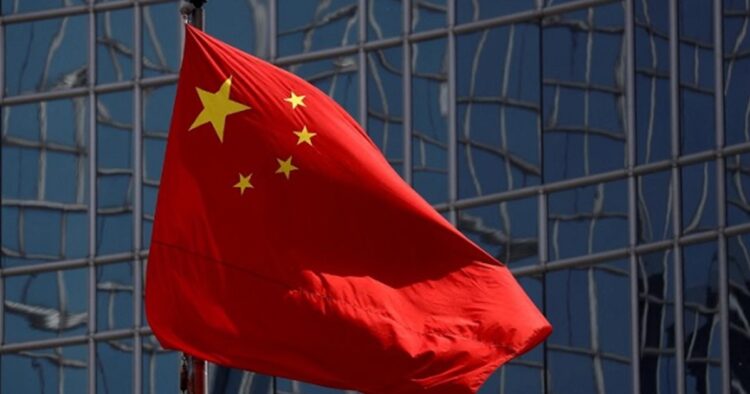In a significant international development, China’s human rights practices are under intense scrutiny during the fourth Universal Periodic Review (UPR) Working Group session of the United Nations Human Rights Council. This critical evaluation, taking place from January 22 to February 2, provides member states with a unique opportunity to hold China accountable for its human rights obligations, according to analysts and rights advocates.
The Universal Periodic Review (UPR) is a peer-review process facilitated by the UN Human Rights Council, where member states assess each other’s human rights records. They evaluate the fulfillment of human rights obligations and commitments, ultimately providing recommendations to the state undergoing review. This marks China’s fourth appearance before this mechanism, with the last review taking place in November 2018.
During the 2018 UPR, China received 346 recommendations from 150 countries, accepting 284 of them. However, concerns were raised as many accepted recommendations were questionably labeled as ‘accepted and already implemented.’ Notably, China rejected recommendations related to the rights of Uyghurs and Tibetans, UN cooperation, unrestricted access to all regions, enforced disappearances, arbitrary detention, the death penalty, and ratification of international treaties.
Despite the seemingly high acceptance rate, human rights abuses in China have continued to mount, documented by various UN human rights bodies since 2018. In September 2022, a resolution for a debate on the situation in Xinjiang was narrowly defeated at the Human Rights Council, making the UPR one of the few remaining spaces for open discussion and scrutiny based on UN information.
This session is particularly significant as it follows the publication of the UN ‘Xinjiang Report’ in 2022, revealing that Beijing’s actions against Uyghurs and other minorities could amount to ‘crimes against humanity.’ Chinese diplomacy has attempted to suppress this report, making the UPR a crucial platform for addressing China’s human rights crisis.
Post-review, the Chinese government will assess the received recommendations, deciding which ones to implement. In the June 2024 Human Rights Council session, China will have the chance to provide additional information, and a limited number of governments and NGOs can make comments. The Council will then adopt China’s UPR report.
China is expected to implement accepted recommendations until its next UPR in 2029. While the UN encourages the submission of a ‘mid-term report’ on implementation progress, China has never complied with this request in past reviews. The world now watches closely as global attention focuses on China’s human rights practices during this crucial UN evaluation.

















Comments